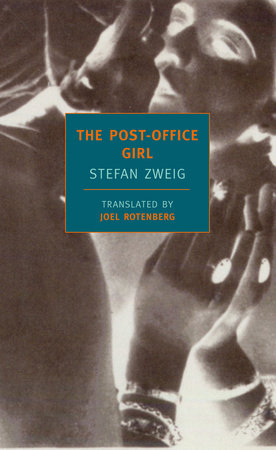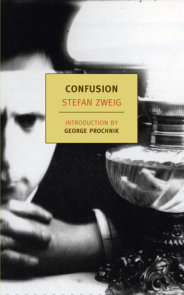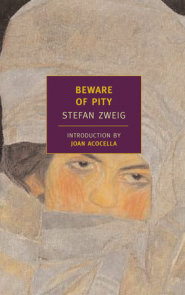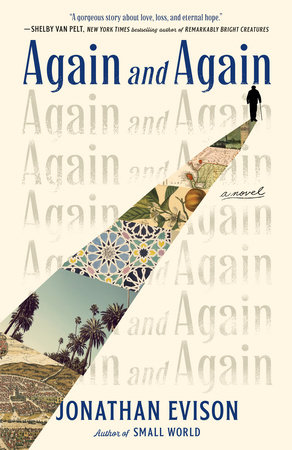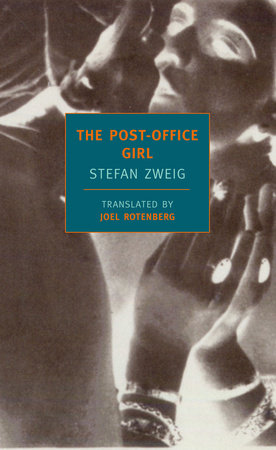

The Post-Office Girl
By Stefan Zweig
Translated by Joel Rotenberg
By Stefan Zweig
Translated by Joel Rotenberg
By Stefan Zweig
Translated by Joel Rotenberg
By Stefan Zweig
Translated by Joel Rotenberg
Category: Literary Fiction
Category: Literary Fiction | World History

-
$16.95
Apr 15, 2008 | ISBN 9781590172629
-
Dec 07, 2011 | ISBN 9781590175903
YOU MAY ALSO LIKE
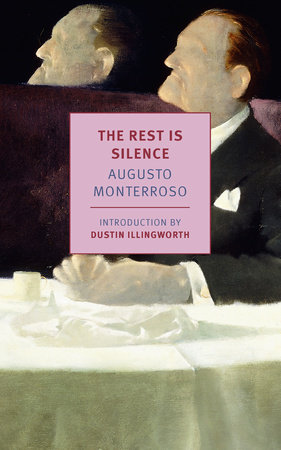
The Rest Is Silence
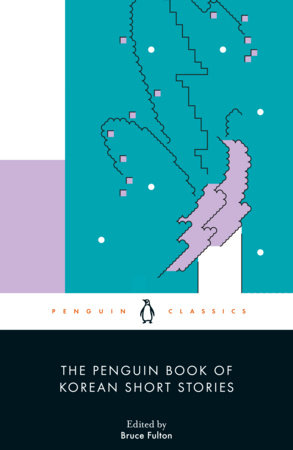
The Penguin Book of Korean Short Stories

End of the World and Hard-Boiled Wonderland
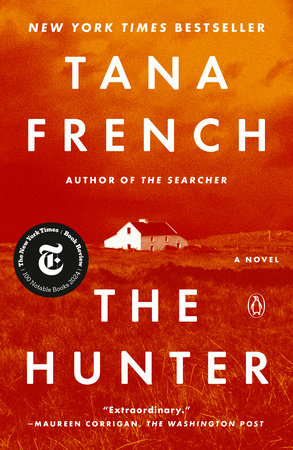
The Hunter
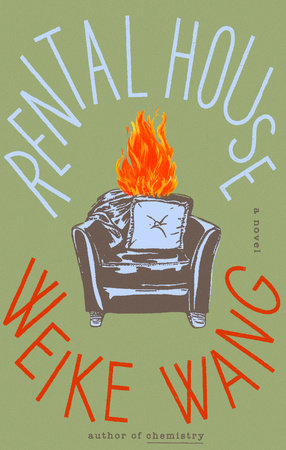
Rental House

Birds, Beasts and a World Made New
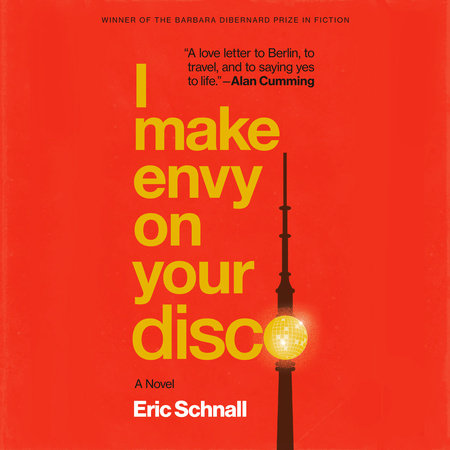
I Make Envy on Your Disco
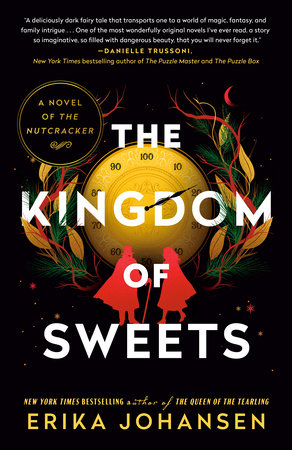
The Kingdom of Sweets
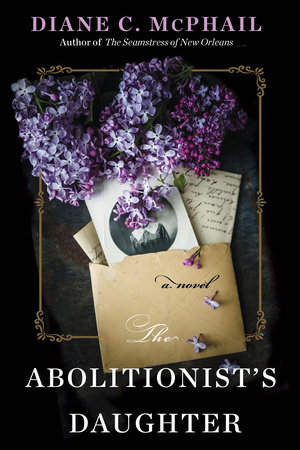
The Abolitionist’s Daughter
Praise
“Is it possible to have a realist fairy story? If so, this is it. The characters are so well realised and observed, and there are passages of such imaginative immersion, that we owe its publisher our gratitude for bringing it into English for the first time. What a treat this book is”. –The Spectator (UK)
“An exhilarating ski run of poverty, joy and misery… it is the girl’s ecstatic naivety and Zweig’s sparkling prose that makes the old stories so sweetly fresh and, when the whole dream collapses, so devastatingly sad”. –The Sunday Times (UK)
"In The Post-Office Girl Stefan Zweig explores the details of everyday life in language that pierces both brain and heart…The story is poignant, painful, and must be one of fiction’s darkest indictments of how poverty destroys hope, enjoyment, beauty, brightness and laughter, and how money, no matter how falsely, provides ease and delight." —The Spectator (UK)
"This is a fascinating depiction of the effects of history on individual lives." —The Financial Times
"The Post Office Girl is a fine novel and an excellent place to start if you are new to this great Austrian novelist. It is a powerful social history, describing in moving detail the social impact of the First World War, and the extreme poverty in which so many people were forced to live. It shows up the challenge to European civilisation of the early Thirties and the failure of humanism, in which Zweig believed until the end of his life. And it is remarkable for the bleak interior worlds it depicts of anxiety, self-doubt, depression and disintegration. Zweig succeeded in taking the most complex concepts of psychoanalysis and bringing them vividly to life." —The Telegraph
"Stefan Zweig was a late and magnificent bloom from the hothouse of fin de siecle Vienna…The posthumous publication of a Zweig novel affords an opportunity to revisit this gifted writer…The Post-Office Girl is captivating." –-The Wall Street Journal
"… nowhere else in his fiction does Zweig confront the legacy of the Great War with as deep a social reach or as detailed a human sympathy as he does in The Post-Office Girl… we are lucky to have the book, not only for its devastating picture of postwar Austrian life but also because it represents so radical a departure from Zweig’s other fiction as to signal the existence of a hitherto unsuspected literary personality…" —William Deresiewicz, The Nation
"[In this] … beautiful translation by Joel Rotenberg…. Stefan Zweig finds a universal story of psychological struggle and spiritual testing in a bitter but humane indictment of class inequality. He finds a love story, of a sort, in a quest story, and a quest story in a love story. He finds anger in compassion, and compassion in anger; beauty in suffering, and suffering in beauty." —The New York Observer
"[Zweig is a] writer who understands perfectly the life he is describing, and who has great analytic gifts . . . " –Stephen Spender, The New York Review of Books
"Always [Zweig] remains essentially the same, revealing in all . . . mediums his subtlety of style, his profound psychological knowledge and his inherent humaneness." –Barthold Fles, The New Republic
"His writing reveals his sympathy for fellow human beings." –Ruth Franklin, London Review of Books
“The experience of reading Zweig is not so much of entering the world of the story as of plunging inward and dreaming the story.” –Rachel Cohen, Bookforum
“A brilliant writer.” –Louis Kronenberger, The New York Times
“Admired by readers as diverse as Freud, Einstein, Toscanini, Thomas Mann and Herman Goering.” –Edwin McDowell, The New York Times
21 Books You’ve Been Meaning to Read
Just for joining you’ll get personalized recommendations on your dashboard daily and features only for members.
Find Out More Join Now Sign In






